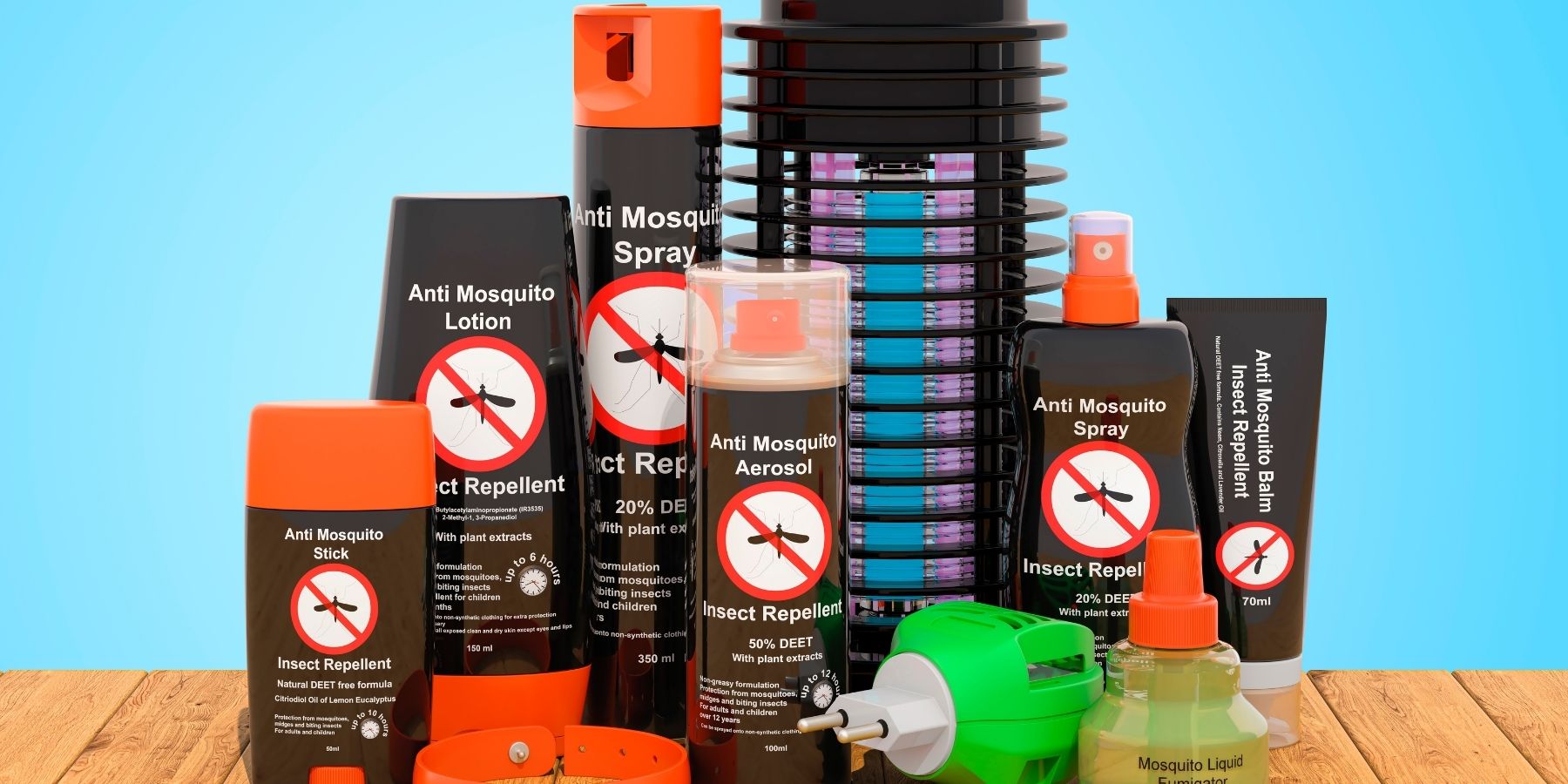Beneficient is a designer of technology products. He has a B.S. in electrical engineering and an M.S. in computer science from Stanford University, and he has worked at several startups, including Google and Facebook. He is the co-founder of Conversion.ai, Proof, and Apptopia.

Mosquitoes are not just annoying; they can also be carriers of diseases. While there are many commercial repellents available, they often contain chemicals that some people prefer to avoid.
The good news is that you can make effective mosquito repellents at home using natural ingredients. Let’s explore the most effective homemade mosquito repellent and how to make it.
Understanding Essential Oils
The key to an effective homemade mosquito repellent lies in essential oils. Certain essential oils are known for their mosquito-repelling properties. These include:
Citronella: Perhaps the most well-known mosquito repellent. Citronella oil is derived from a type of grass and is widely recognized for its effectiveness in warding off mosquitoes.
Lemon Eucalyptus: Recommended by the Centers for Disease Control and Prevention (CDC) as an effective ingredient in mosquito repellent.
Lavender: Known for its soothing properties, lavender oil also repels mosquitoes.
Peppermint: In addition to its fresh scent, peppermint oil is a natural insect repellent.
Tea Tree Oil: Known for its antiseptic properties, tea tree oil also works as a mosquito repellent.
The Most Effective Homemade Mosquito Repellent Recipe
Ingredients:
30 drops of lemon eucalyptus oil
10 drops of lavender oil
10 drops of tea tree oil
1/4 cup of witch hazel
1/4 cup of water
A spray bottle
Instructions:
Mix the Oils: In a small bowl, mix the lemon eucalyptus, lavender, and tea tree oils together.
Add Witch Hazel: Pour the witch hazel into the mixture and stir well. Witch hazel helps to disperse the oils evenly.
Combine with Water: Add the water to the mixture and stir. Water acts as a carrier for the oils and makes the repellent less harsh on the skin.
Transfer to Spray Bottle: Carefully pour the mixture into a spray bottle. A funnel can be helpful for this step.
Shake Well Before Use: Shake the bottle well before each use to ensure the oils are evenly distributed.
Application Tips
Spray on Exposed Skin: Spray the repellent onto all exposed skin areas, avoiding the eyes and mouth.
Reapply as Needed: Homemade repellents may need to be reapplied more frequently than commercial ones, especially after sweating or swimming.
Patch Test: If you have sensitive skin, do a patch test first to ensure there’s no adverse reaction.
Additional Tips for Effective Mosquito Control
1. Eliminate Standing Water
Mosquitoes breed in standing water. Regularly check and remove any standing water around your home, such as in plant saucers, bird baths, and clogged gutters.
2. Use Physical Barriers
Window screens and mosquito nets can effectively keep mosquitoes out of your home.
3. Wear Protective Clothing
When outdoors, especially in mosquito-prone areas, wear long-sleeved shirts and long pants to minimize skin exposure.
4. Plant Mosquito-Repellent Plants
Plants like citronella, lavender, and marigolds can help repel mosquitoes. Plant them around your home, especially near windows and doorways.
Conclusion
Making your homemade mosquito repellent is a simple and natural way to keep mosquitoes at bay. Using essential oils like lemon eucalyptus, lavender, and tea tree oil, you can create an effective repellent that’s free from harsh chemicals.
Remember to complement your repellent efforts with other mosquito control measures for the best protection.
